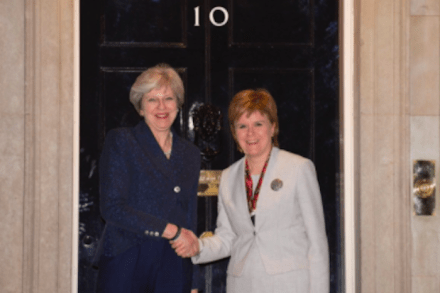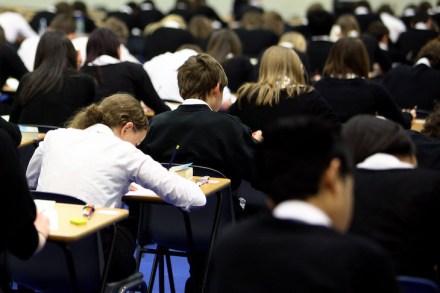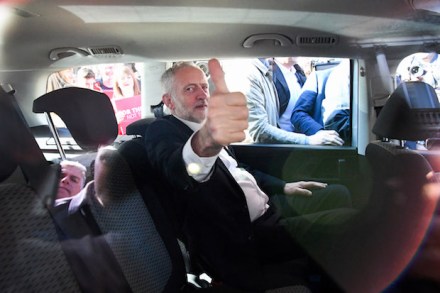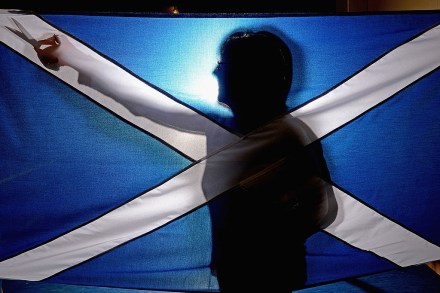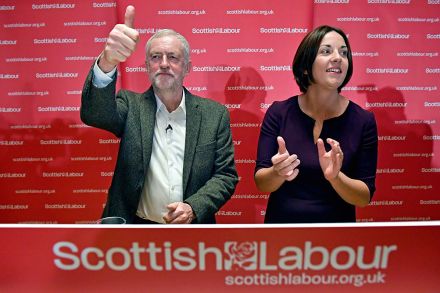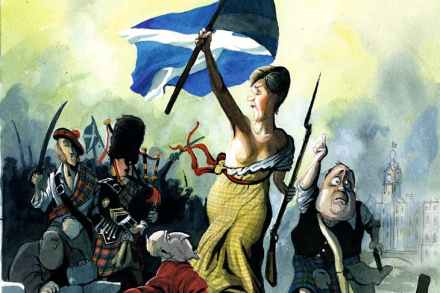Theresa May’s Scotland blunder
Although it’s widely accepted that Theresa May’s decision to call a snap election was disastrous, one of the few upshots for the Tories was that it managed to stave off calls from the SNP for a second independence referendum. Alas, whoever is running the Prime Minister’s Twitter account doesn’t appear to be on the same page when it comes to preserving the ‘precious union’. Following May’s meeting with Nicola Sturgeon, the Prime Minister tweeted that ‘the UK and Scotland must continue to work together to ensure businesses and consumers have the certainty they need as we leave the EU’. Only there’s a problem. Unless Nicola Sturgeon gets her wish for independence,
